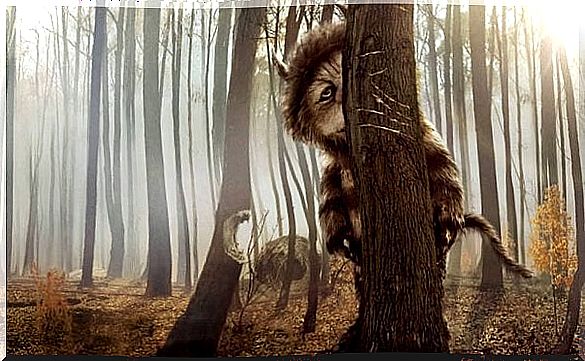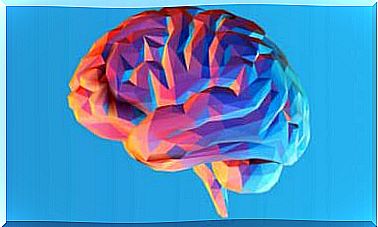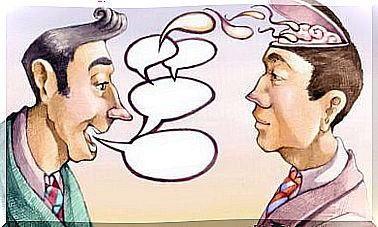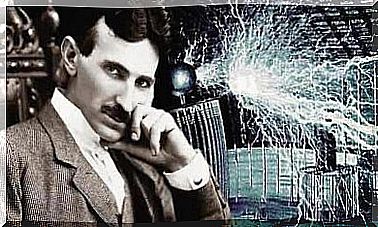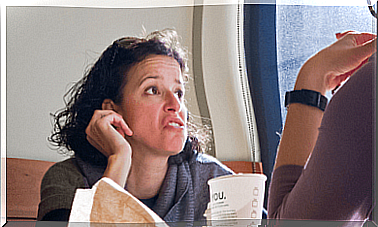What Is Criminology And What Are Its Objects Of Study?

Criminology emerged in the early 19th century, in response to a social demand for the study of the sources of antisocial behavior. There is no doubt that this is a new science, because until relatively recently society was not aware of its great contribution and value.
In addition, it is characterized by being an interdisciplinary science, as it draws on other applied sciences. His objects of study are delinquency, crime, the victim, delinquents and social control.

The definition of criminology
Criminology is a rapidly expanding discipline, both in terms of its scientific dimension and its scope. Therefore, we define criminology as an interdisciplinary science.
That is, it is the result of the confluence of knowledge and methodologies from other disciplines. These disciplines are law, sociology, psychology, psychiatry, anthropology and forensic medicine, among others.
One of the first findings of criminology is that crime is a real problem and of varying intensity. It can depend on human societies.
Another relevant conclusion is that crime is a phenomenon constructed from the social reaction of rejection it provokes in citizens. The truth is that, on the one hand, the reality, and on the other hand, the social elaboration of delinquency have more than a hundred years of criminological research behind them.
Based on these two premises, criminology is the science that studies criminal behavior, but also the social reaction to such behavior. That is, she is not studying just one side, but both.
His objects of study
With regard to the object or objects of the study of criminology, there are two clearly differentiated positions. The first is reductionist, because it considers that its object of study is the same as that of criminal law: crime. Those who take this position claim, in truth, that criminology lacks its own object of study.
The second, the most followed nowadays, maintains that the objects of study are five in number. These are the following:
- Delinquency, as a social phenomenon.
- Crime, as an individual action but also as a group action.
- Criminals, as actors who commit crimes.
- The victims, as passive people who suffer the consequences of the crimes.
- Social control, as a reaction to crime.
This second position, like the previous one, has also been criticized. Those who criticize it argue that it is not possible to build an authentic science with such diverse claims.
Her goals
Criminology has several objectives, among which stand out the prevention and intervention on the criminal phenomenon. The general objective is thus to achieve control and reduction of criminal phenomena, as well as the reintegration of convicted persons.
Criminology and forensics are not synonymous
Much of the non-expert community thinks criminology and forensics are terms that allude to the same thing. However, it is not the case.
As a science still in the process of consolidation, criminology has gained recognition to a large extent through programs and television series that are far from reality. They tend to misuse the term criminology to refer to functions specific to forensic science, leading to confusion.
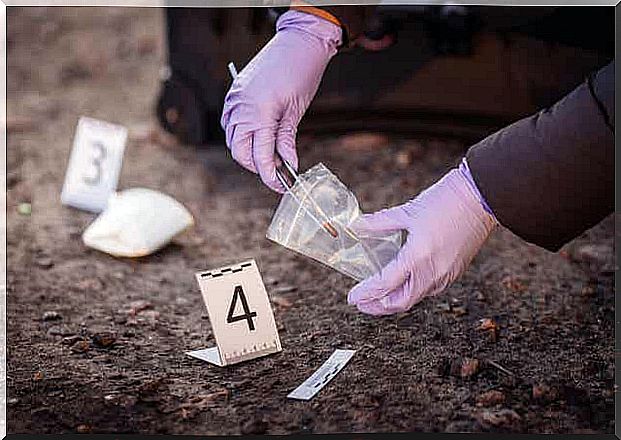
What makes criminology different from forensic science?
Forensic science is the scientific discipline that determines the existence of a criminal act. She is also responsible for collecting criminal evidence and clues.
Criminology, on the other hand, attempts to answer questions about social or individual factors that influence people’s criminal behavior, how control systems influence the sustainability of criminal behavior, etc. And this, through empirical research.
In addition, forensic science also makes it possible to identify the persons responsible for the criminal act and their degree of participation in it. Although, as we have seen, the two disciplines are different, it should be noted that they complement each other.
